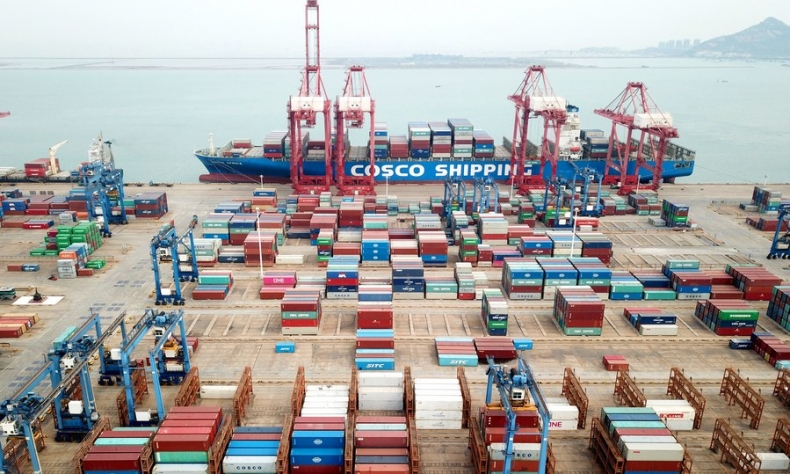RCEP to Commence a Path to Shared Regional Prosperity

RCEP shows a new and better way, whereby economic growth is not a competition, but a mutually engaging game where countries work together and expand their market access to facilitate greater trade flows.
In January of next year, the mega Asia-wide and pacific trade agreement known as the Regional Comprehensive Economic Partnership (RCEP) will come into force, following ratification of the agreement by the majority of its members.
The deal is comprised of China, the Association of Southeast Asian Nations (ASEAN), South Korea, Japan, as well as Australia and New Zealand, making it the largest trade agreement and single market arrangement in the world.
The agreement is expected to lift regional GDP growth by up to 1% by 2035, attaining a net increase of $857.1 billion in exports and $983.7 billion in imports, amounting to an 18% and 9.6% increase, respectively. It will also boost investment in the region by an estimated 1.4%.
RCEP is the foundation of a regionally shared economic future, aptly addressing the challenge of how countries in the Asia-Pacific region achieve common prosperity by working together multilaterally and through economic integration. This is not so much a win for any one country but rather a process of mutual gains which benefit all who participate.

Economic growth is a relative process, making it a shared evolution where the situation of one party stands to influence the others for better or worse. In a globalized world, the question as to how nations grow and develop their economies does not and cannot stop at their national borders.
This brings us to the question of regional integration. Neighboring countries in a given region are more prone to do business with each other, and in order to make it work smoothly, they need to set common tariffs and regulations to make the market fair and mutually prosperous. These considerations subsequently set off the process of “regional integration.”
RCEP is a step forward toward regional integration because the countries of the Asia-Pacific have taken a common position in establishing a shared market and eradication of tariffs, designed to allow all their members to more readily trade with each other and thus mutually complement each other’s growth.
Such a partnership subsequently lays out the way Asia needs to continue to develop. Some countries in the world today are content to use trade as a political weapon and see it as a zero-sum game, demanding that other nations give them one-sided concessions favorable to other interests while closing off their own markets, or alternatively believing regional integration is somehow nationally detrimental.
RCEP shows a new and better way, whereby economic growth is not a competition, but a mutually engaging game where countries work together and expand their market access to facilitate greater trade flows. This is how shared regional prosperity is ultimately established.
 Facebook
Facebook
 Twitter
Twitter
 Linkedin
Linkedin
 Google +
Google +







